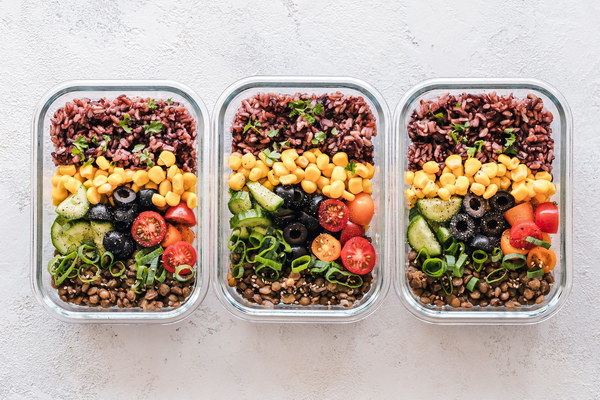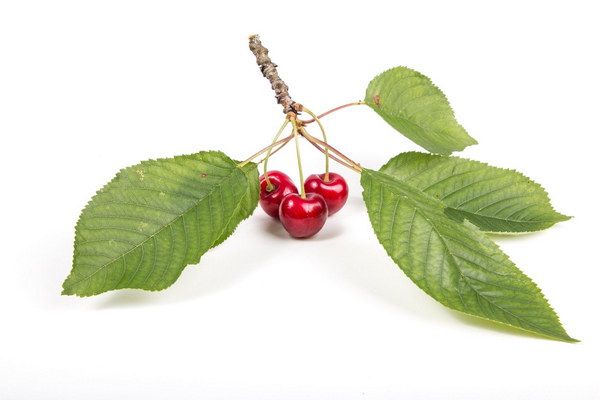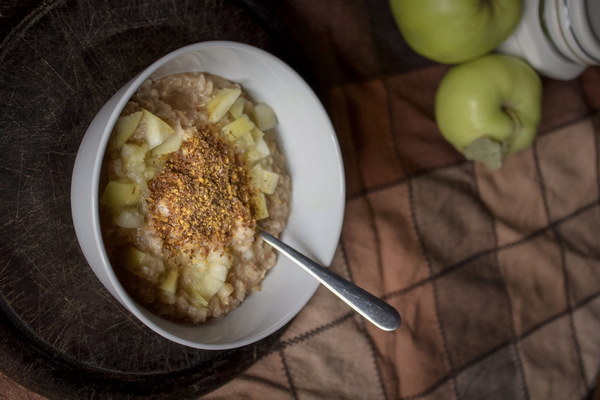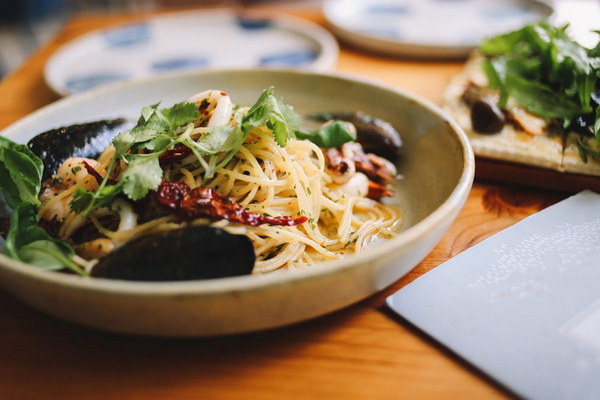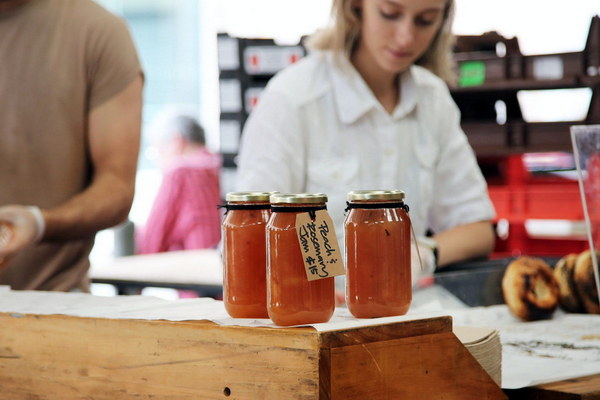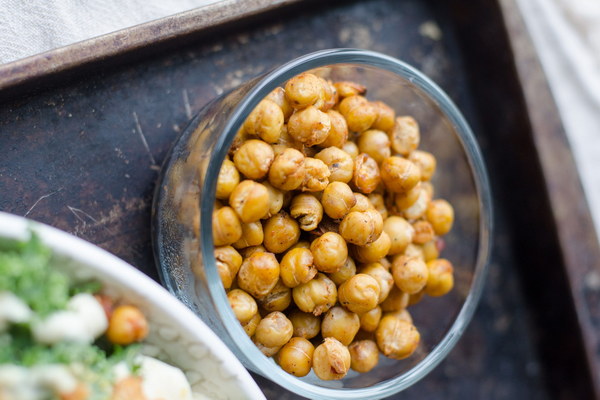Nature's Cure Top Dietary Tips for Effective Hemorrhoid Relief
Introduction:
Hemorrhoids, also known as piles, are a common condition that affects many people. They occur when the veins around the anus or lower rectum become inflamed or swollen. While there are various treatments available, dietary adjustments can play a significant role in alleviating symptoms and preventing recurrence. This article explores the best dietary tips for hemorrhoid relief, helping you find natural relief and a path to a healthier lifestyle.
1. High-Fiber Foods:
A diet rich in fiber is crucial for hemorrhoid relief. Fiber helps to soften the stool, making it easier to pass and reducing the risk of straining during bowel movements. Here are some high-fiber foods to include in your diet:
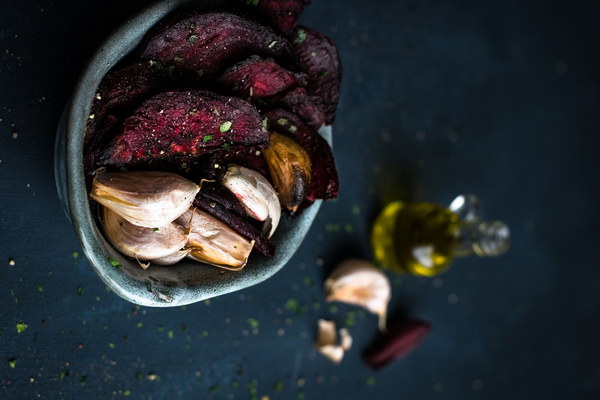
- Leafy green vegetables, such as spinach, kale, and collard greens
- Berries, like strawberries, raspberries, and blueberries
- Legumes, such as lentils, chickpeas, and black beans
- Whole grains, such as oatmeal, brown rice, and quinoa
- Nuts and seeds, such as almonds, chia seeds, and flaxseeds
2. Hydrate, Hydrate, Hydrate:
Drinking plenty of water is essential for maintaining bowel regularity. Aim to drink at least 8 glasses of water a day. This helps to keep the stool soft and prevents constipation, a common hemorrhoid trigger.
3. Avoid Constipating Foods:
Certain foods can exacerbate hemorrhoid symptoms by causing constipation. Here are some to avoid:
- Processed foods, such as white bread, pasta, and rice
- High-fat foods, such as fried and fast foods
- Dairy products, such as cheese and milk
- Alcohol and caffeine, which can cause dehydration
4. Incorporate Probiotics:
Probiotics are beneficial bacteria that can improve gut health and aid in digestion. Foods rich in probiotics include:
- Yogurt with live cultures
- Kefir
- Sauerkraut
- Kimchi
- Pickled vegetables
5. Add Flaxseeds:
Flaxseeds are a great source of omega-3 fatty acids and fiber, which can help to reduce inflammation and promote bowel regularity. Sprinkle flaxseeds on your breakfast cereal, yogurt, or smoothies.
6. Eat Small, Frequent Meals:
Consuming small, frequent meals throughout the day can help prevent constipation and reduce the pressure on your hemorrhoids. Try to eat every 3-4 hours.
7. Avoid Spicy and Acidic Foods:
Spicy and acidic foods can irritate the hemorrhoidal tissue, worsening symptoms. Avoid foods such as chili, pepperoni, citrus fruits, and tomato-based sauces.
8. Stay Active:
Regular physical activity can help improve bowel regularity and reduce the risk of constipation. Aim for at least 30 minutes of moderate exercise, such as walking or cycling, most days of the week.
Conclusion:
By incorporating these dietary tips into your daily routine, you can effectively manage hemorrhoid symptoms and improve your overall health. Remember that maintaining a balanced diet and staying hydrated are key components in achieving hemorrhoid relief. Consult with a healthcare professional if you have concerns or if your symptoms persist. With these natural remedies, you can find relief and take control of your hemorrhoid condition.

